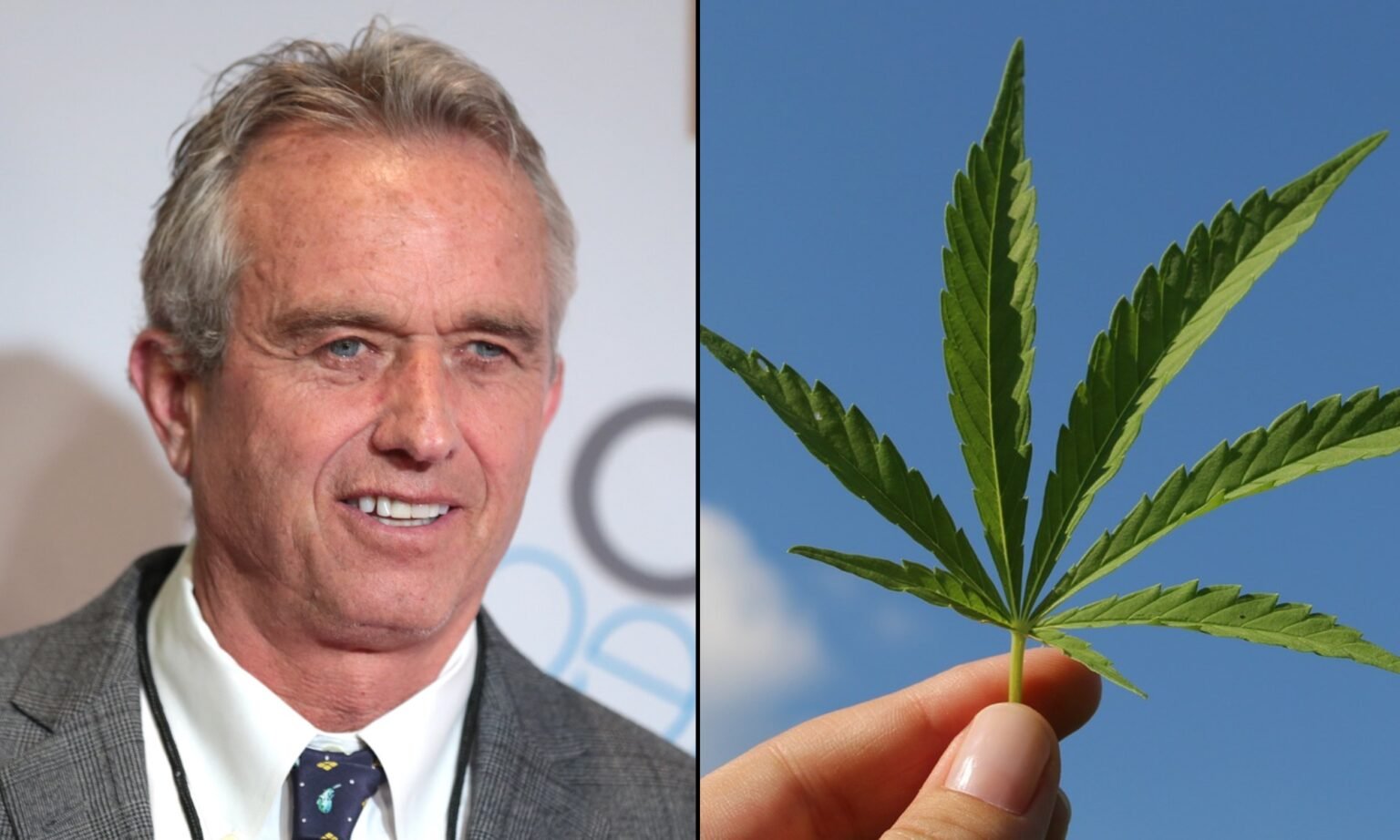The year 2024 saw a hodgepodge of federal and congressional marijuana policy developments—with major news related to the Biden administration’s rescheduling push, modest reform proposals advancing on Capitol Hill and various actions from federal agencies.
Ultimately, things didn’t pan out the way advocates and industry stakeholders had hoped. Bipartisan cannabis banking legislation stalled out once again, the rescheduling process wasn’t completed by year’s end and calls to expand clemency by releasing people currently incarcerated over marijuana went unheeded.
But it wasn’t an entirely unproductive 2024 for the marijuana reform movement at the federal level. And there’s a degree of optimism that the Biden administration set up the infrastructure to see through the rescheduling effort even after the president leaves office next month and President-elect Donald Trump takes over.
Here are the top federal marijuana moments of 2024:
Biden administration’s efforts to reschedule marijuana proceed
Following an extensive scientific review into cannabis—which resulted in a 2023 U.S. Department of Health and Human Services (HHS) recommendation to move marijuana from Schedule I to Schedule III of the Controlled Substances Act (CSA)—the Justice Department formalized that recommendation this May.
That kicked off a public comment period that saw more than 40,000 submissions, the majority of which voiced support for the proposed rule or called for broader reform. After the comment window ended, the Drug Enforcement Administration (DEA) announced that it was assigning an administrative law judge (ALJ) to oversee a hearing to solicit additional input before potentially finalizing the rule.
President Joe Biden, on multiple occasions, took credit for facilitating the rulemaking process by initiating the review in late 2022. But while Vice President Kamala Harris called on DEA to expedite the process, and voiced support for going further by federally legalizing marijuana, the president didn’t weigh in on the merits of the rescheduling recommendation—except to tangentially say that he felt nobody should be incarcerated over low-level cannabis offenses.
Over the course of the rescheduling proceedings, advocates and industry stakeholders have questioned DEA’s position on the reform. Not only did the agency identify components of the HHS review that it seemed to take issue with, but it wasn’t lost on observers that there was a break in precedent when Attorney General Merrick Garland—and not DEA Administrator Anne Milgram—signed the proposed rule.
In any case, the administrative hearings on rescheduling kicked off in December. Merit-based hearings are scheduled for early 2025, meaning the potential reform will not be finalized until after Biden leaves office.
DEA ALJ John Mulrooney has made clear that he feels the agency made several missteps throughout the process, including failing to adequately complete its prehearing statements. He also expressed concerns about alleged unlawful communications with a prohibitionist group during the rulemaking process.
Trump cabinet picks hold diverging views on marijuana policy
To read what they are, click on Marijuana Moment







